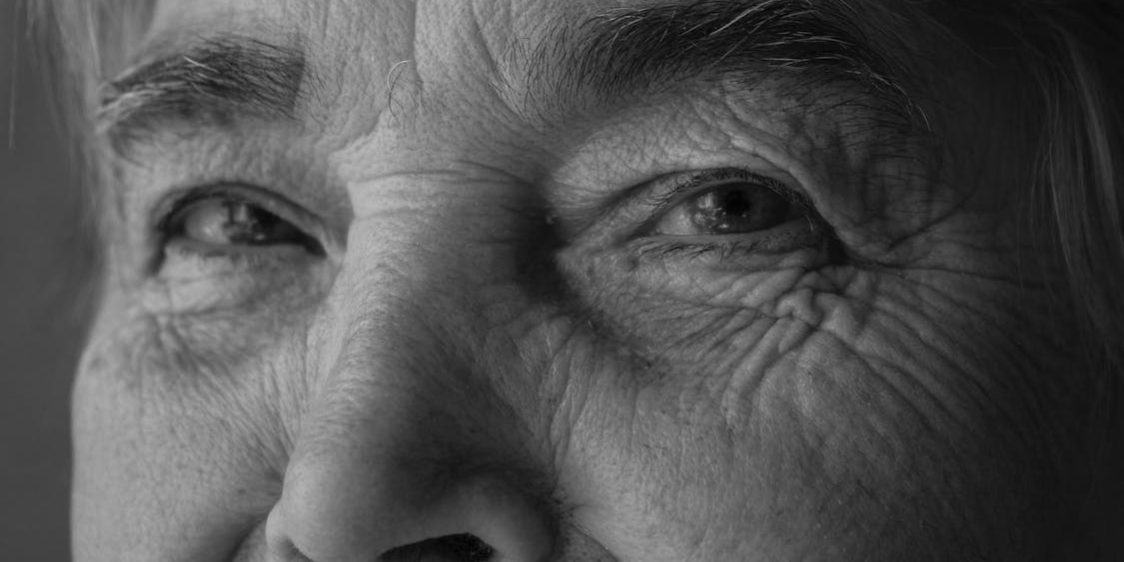Approximately 20 million Americans have age-related macular degeneration or AMD. And nearly 1.5 million of those are living with vision threatening AMD. With millions of Americans already living with it and hundreds of thousands of cases diagnosed every year, it would make sense for many people to be familiar with AMD, however not many people are.
That’s why we’re providing a full condition breakdown of age-related macular degeneration.
What is AMD?
AMD is a vision related disease that can blur your central vision and is the main cause for vision loss and blindness for Americans aged 65 and older.
AMD comes in both wet and dry forms, with the wet form being more advanced and damaging.
While dry AMD often doesn’t often progress to the wet form, when it does it can cause severe and permanent central vision loss.
What are the symptoms of AMD?
Each individual may experience symptoms of AMD differently, however the most common symptoms include:
● Blurry or fuzzy vision
● Difficulty recognizing faces
● Straight lines appear wavy
● A dark, empty area or blind spot appears in the center of vision
● Loss of central vision
These symptoms may also relate to other eye conditions. If you are experiencing any of these symptoms we recommend visiting an eye care professional for diagnosis as soon as possible.
Who is at risk?
There are a couple of risk factors for AMD with the most obvious being old age.
Those who are older than 50 years old are at a higher risk for AMD than those who are younger.
You’re also at higher risk for AMD if you:
● Smoke,
● Have a family history of AMD
● Eat a diet high in saturated fat or
● Have high blood pressure
How do you prevent AMD?
The best way to prevent AMD is to not smoke. Smoking may double a person’s risk of developing AMD and is also generally unhealthy.
Some other tips include:
● Eating leafy greens
● Taking supplements
● Wearing sunglasses, and
● Maintaining a healthy weight and blood pressure
However, no matter how well you work to prevent AMD, there’s always a chance for it to develop. If you’re over the age of 50, have had any symptoms, or think you’re at risk, we encourage you to see an eye care professional for a check-up
If you need to schedule an appointment, you can call (718) 828-6610 or visit our website Parkchestermedical.com.






